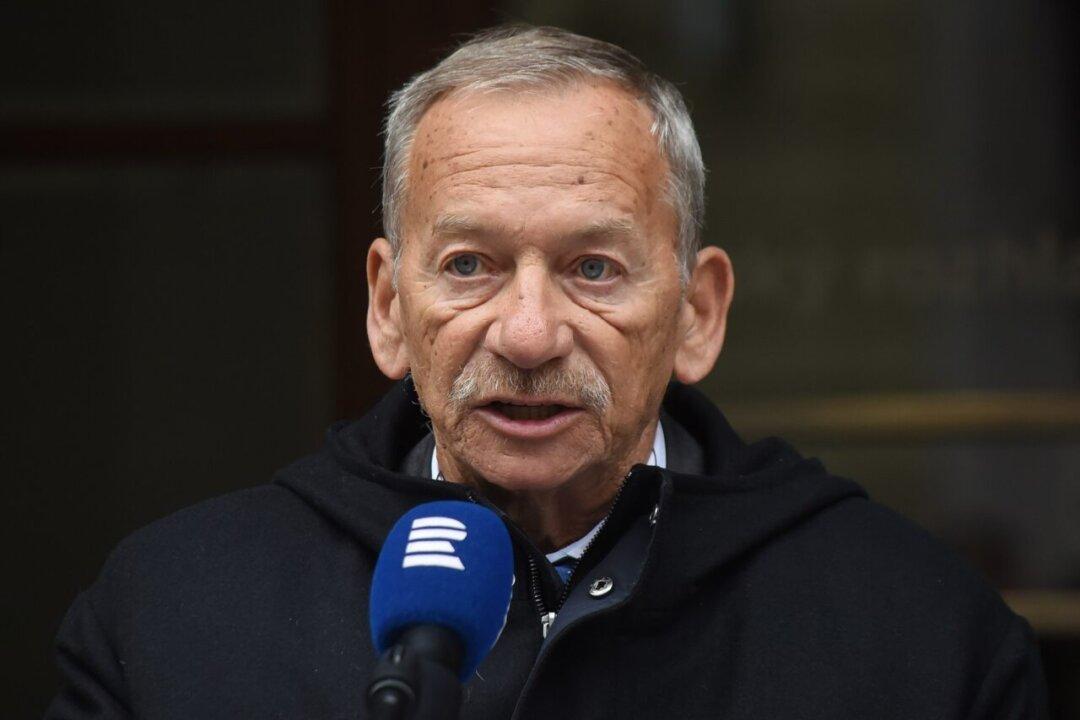A senior Czech politician who died suddenly just days before a planned trip to Taiwan became obviously unwell after receiving threats from Chinese diplomats over the plans, according to his widow and daughter.
Jaroslav Kubera, speaker of the upper house of the Czech Parliament, died from a heart attack at the age of 72 on Jan. 20, just three days after he and his wife returned home from a “tense” Lunar New Year banquet at the Chinese Embassy in the Czech Republic.





